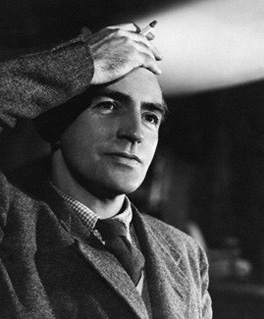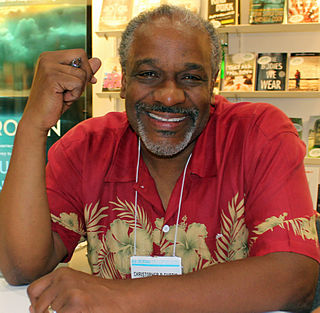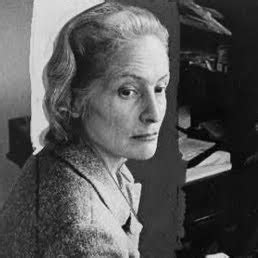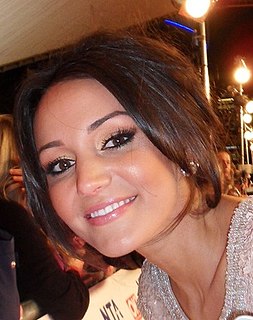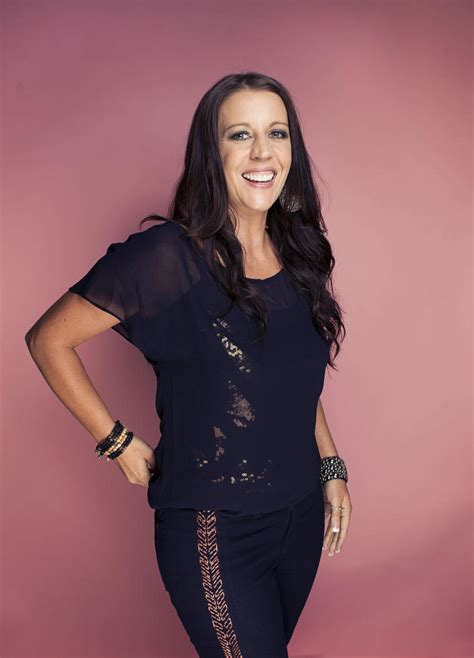A Quote by Christopher Fry
My trouble is I'm the sort of writer who only finds out what he's getting at by the time he's got to the end of it.
Related Quotes
There's one good thing about getting in trouble: It seems like you do it in steps. It seems like you don't just end up in trouble but that you kind of ease yourself into it. It also seems like the worse the trouble is that you get into, the more steps it takes to get there. Sort of like you're getting a bunch of little warnings on the way; sort of like if you really wanted to you could turn around.
I'm not saying to the kids yo drop out of school, education is the most important thing first and foremost. You know, my circumstances were a little different. I needed to work to help out so I couldn't be in school. Not only that, it was getting into trouble and all that s**t. I was getting into trouble more in school than I was out of school, so I had to just go ahead and make that adjustment, so I mean realistically I always tell everybody, in my case I don't got a high school diploma, but I have two Grammys so it kinda worked out best for me.
I think books can cure cancer and grow back hair. I can't say it enough. For me, that's why it's so syrupy. It's both syrupy and over the top, and overly sincere, and also dead true. What else can I tell you? A writer can't catch a cab half the time, but when there's a demagogue, when there's a government that wants to suppress, there's a reason that writers end up getting in trouble. It's such a subversive form that can really change people.
I never saw so intelligent a man have so much trouble in getting out a connected sentence. Ever since I have known him, he has desired to have a long talk with me, but he never gets started; and yet each time he meets me with renewed zest for the outpouring. It is like getting congealed liquid from a demijohn; you know the jug is large and full, but getting the contents out is the problem.
